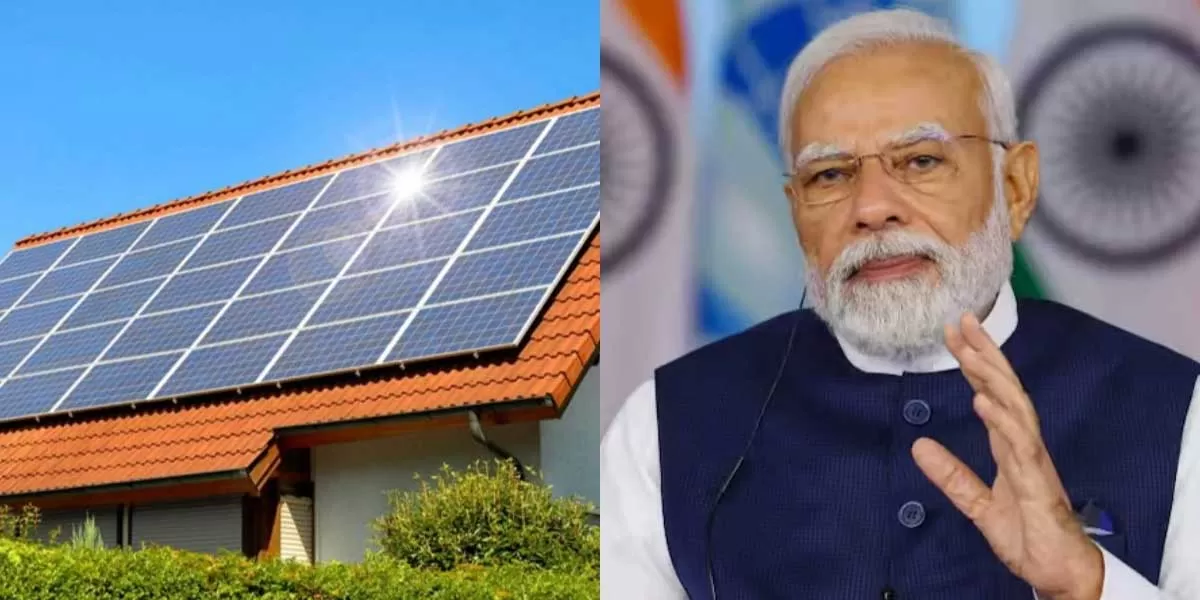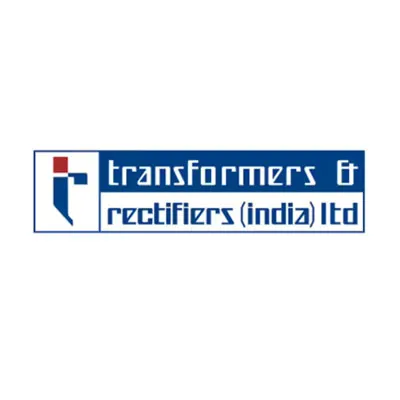
Power Secretary Pushes Smart Meter for PM Surya Ghar Beneficiaries

Sources Unlimited Introduces Vitamine Pendant Lamp by Melogranoblu
Sources Unlimited has launched the Vitamine Pendant Lamp by Melogranoblu in India, expanding its portfolio of curated international luxury lighting solutions. Designed and crafted in Italy, the Vitamine pendant reflects contemporary glass artistry, combining hand-blown craftsmanship with refined aesthetics and atmospheric illumination.The Vitamine Pendant Lamp is sculpted in hand-blown glass and is available in frosted, silver and black metallised finishes. Each finish offers a distinct visual identity while maintaining a cohesive and sophisticated design language. The lamp’s softly contoure..

World Cement Association Names Philippe Richart as CEO
The World Cement Association (WCA) has announced the appointment of Philippe Richart as its new Chief Executive Officer, marking a leadership transition at a time of significant change for the global cement industry. Richart succeeds Ian Riley, who joined the Association in 2019 and played a key role in strengthening WCA’s position as an independent and credible voice for cement producers worldwide.Richart brings more than 30 years of international leadership experience in the cement sector, with extensive exposure across Asia, Africa and Europe. He began his professional career as a constru..

TARIL Q3 FY26 Revenue Jumps 32% to Rs 7.36 Bn, Profits Surge
Transformers & Rectifiers (India) (TARIL) reported a robust financial performance for the third quarter ended December 31, 2025, posting strong growth across revenue and profitability metrics. The company, a leading manufacturer of power and specialty transformers, benefited from improved operating leverage, disciplined execution and ongoing process optimisation initiatives.During the quarter, TARIL recorded consolidated revenue from operations of Rs 7.36 billion, marking a year-on-year growth of 32 per cent. EBITDA stood at Rs 1.29 billion, up 38 per cent year-on-year, while profit after ..
















